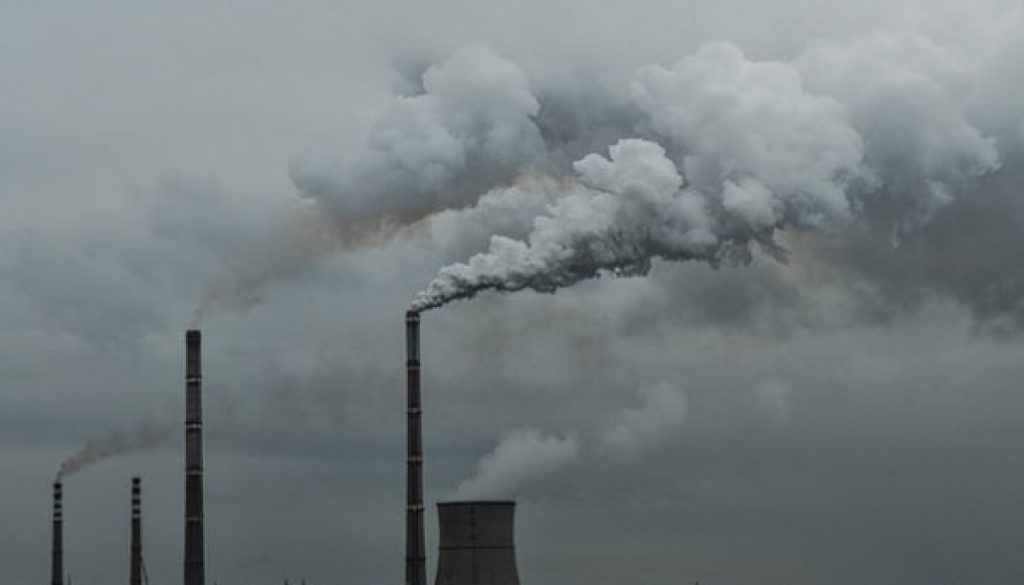World Needs Pandemic Lockdown Every Two Years To Meet Paris Emission Goals
We need a cut in emissions of about the size of the fall [from the lockdowns] every two years, but by completely different methods. (Corinne Le Quéré, lead author of the study)
The dramatic drop in global carbon emissions seen during the early days of the pandemic and global shutdowns would need to be matched every two years for the rest of the decade in order to meet the goals outlined in the Paris climate agreement, according to a new study, though the authors don’t recommend that the world rely on “lockdowns” to help battle climate change.
- Published in Nature Climate Change, the report found that carbon emissions fell by about 2.6 billion metric tons in 2020, or roughly a 7% drop from the previous year, a historic decrease.
- However, researchers said further drops in carbon output—1 billion to 2 billion metric tons per year—are needed for global emissions to meet the safe worldwide temperature range defined by the Paris Agreement to dodge the effects of climate change.
- That’s roughly the equivalent of a coronavirus-pandemic-scale lockdown once every two years, researchers said.
- Despite causing the swift drop in emissions, researchers wrote the lockdowns will not yield lasting improvement because the measures had little effect on the larger fossil fuel-based infrastructure that sustains the global economy.
- Researchers wrote the course of global emissions could be redirected if world governments invest in green energy and divest from fossil fuels in the years after the pandemic.
We have failed to understand in the past that we can’t have tackling climate change as a side issue. It can’t be about one law or policy, it has to be put at the heart of all policy. Every strategy and every plan from every government must be consistent with tackling climate change. (Corinne Le Quéré, lead author of the study)
According to the Paris Agreement, earth temperatures should stay within 1.5 degrees celsius or 2 degrees Celsius of preindustrial levels to prevent climate catastrophes caused by warming temperatures, like natural disasters and food insecurity. It may be a long-shot goal, recent evidence suggests. The emissions drop from coronavirus lockdowns last year will have virtually no long-term effect on the fight against the imminent climate crisis, according to the World Meteorological Organization’s annual report released in November.
Last month, the United Nations warned that the most recent reduction targets submitted by Paris Agreement member states would result in less than a 1% decline in global carbon dioxide emissions by 2030, when a previous report projected emissions would have to drop by 45% to meet the Paris Agreement. UN Secretary-General António Guterres said the report is “a red alert for our planet,” adding the governments are “nowhere close to the level of ambition” required to meet the agreement’s goals. According to data from the International Energy Agency released this week, global carbon dioxide emissions have already rebounded to prepandemic levels.
Sources:




